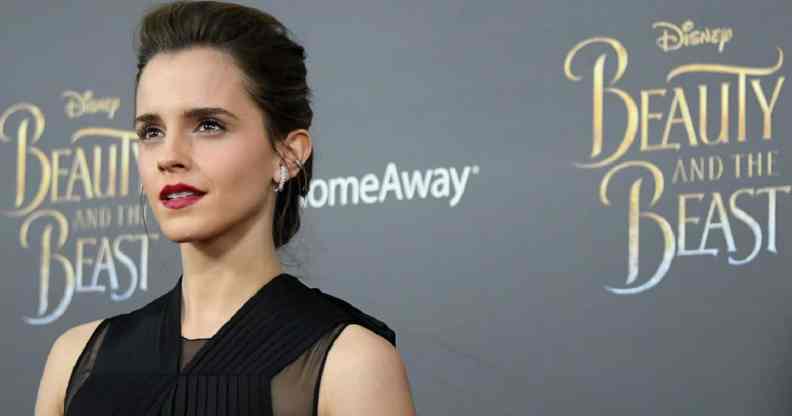That anti-gay Beauty and the Beast boycott didn’t exactly go as planned

The evangelical boycott of Beauty and the Beast had about as much impact as usual – as the film smashed box office records.
US evangelicals from One Million Moms and American Family Association had launched a very public boycott of the Disney film over the news that a minor character is gay.
There was no hysteria spared, with the AFA vowing to make their own films because Disney has supposedly been overrun by the gay agenda.
In the Deep South, Christian cinemas dropped the film, while a former Republican congressman also joined in the fun, claiming that “demons” are behind the release in order to make kids gay.
But the public boycotts have had about as much impact as you’d expect on the film’s success.

The film smashed a string of box office records, claiming the biggest domestic and international opening of all time, for a PG-rated film.
The film, which has earned $170 million in the US and $350 million globally, is the seventh-biggest opening of all time.
It’s also the biggest opening for a female-led film, and the biggest opening with predominantly-female ticket buyers, making a big dent in the mostly-male audiences that flock to mass market comic book blockbusters.
Given the monumental failure of One Million Moms boycotts of about 15 other things this year so far, it’s unsurprising that they have once again lost out.
Emma Watson, who plays Belle in the new film, opened up about the controversy last week.
She said: “I think that what’s so fantastic about Josh’s performance is that it’s so subtle. It’s always like, does he idolise Gaston? Is he in love with Gaston? What’s the relationship there? And I think it’s incredibly subtle, to be perfectly honest.”
She added: “I don’t want people going into this movie thinking that there’s like a huge narrative there.
“There really isn’t. It’s incredibly subtle, and it’s kind of a play on having the audience go, ‘Is it, or is it not?’ I think it’s fun. I love the ambiguity there.”

